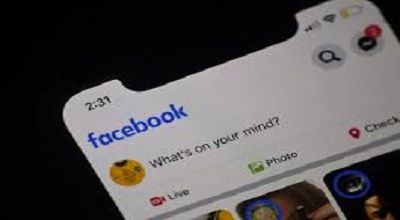Facebook Useful for students
The Facebook useful for students can vary depending on how they choose to use the platform and their specific needs. Here are some potential benefits and drawbacks:
Benefits:
- Communication and Networking: Facebook provides a platform for students to communicate with each other, share information, and collaborate on projects. It’s also a useful tool for networking and connecting with classmates, professors, and professionals in their field.
- Group Collaboration: Students can create or join groups related to their courses or academic interests. These groups can serve as spaces for discussion, resource sharing, and collaborative work.
- Event Planning: Facebook events make it easy for students to plan and organize events, such as study groups, club meetings, or social gatherings.
- Information Sharing: Students can use Facebook to share academic resources, articles, and relevant information with their peers.
- Community Building: Facebook can help build a sense of community among students, especially in large universities where it might be challenging to meet everyone in person.
Drawbacks:
- Distractions: Facebook is known for its potential to be a distraction. Students may find themselves spending more time on social media than focusing on their studies.
- Privacy Concerns: There have been concerns about the privacy and security of personal information on Facebook. Students should be mindful of their privacy settings and what information they share.
- Procrastination: Facebook, like other social media platforms, can contribute to procrastination if not used responsibly. Students may find themselves scrolling through their feeds instead of studying.
- Misinformation: There is a risk of encountering misinformation on social media platforms, including Facebook. Students should be critical consumers of information and verify sources.
- Potential for Negative Social Comparison: Constant exposure to the achievements and experiences of others on Facebook can lead to negative social comparison, impacting students’ self-esteem and well-being.
Summary
In summary, Facebook can be a valuable tool for students when used thoughtfully for communication, collaboration, and resource sharing. However, it’s important for students to be mindful of potential distractions and drawbacks and to use the platform in a way that supports their academic goals.
